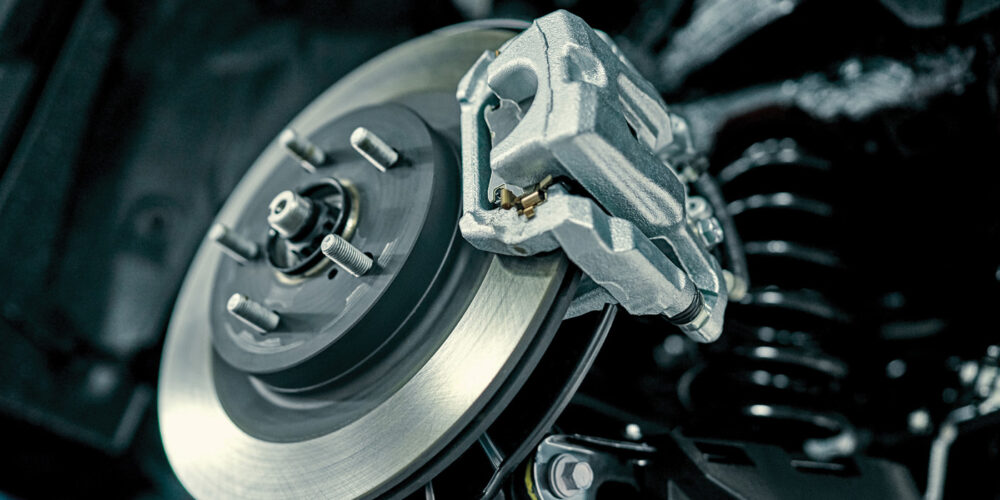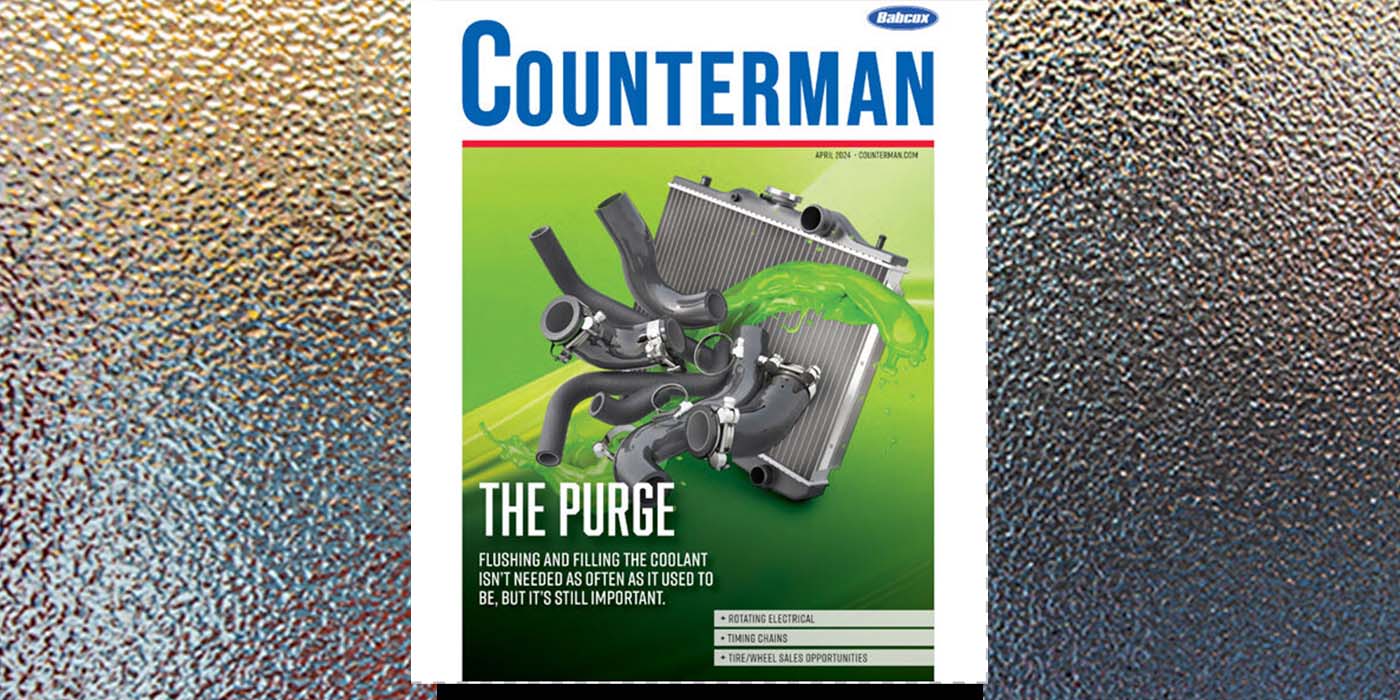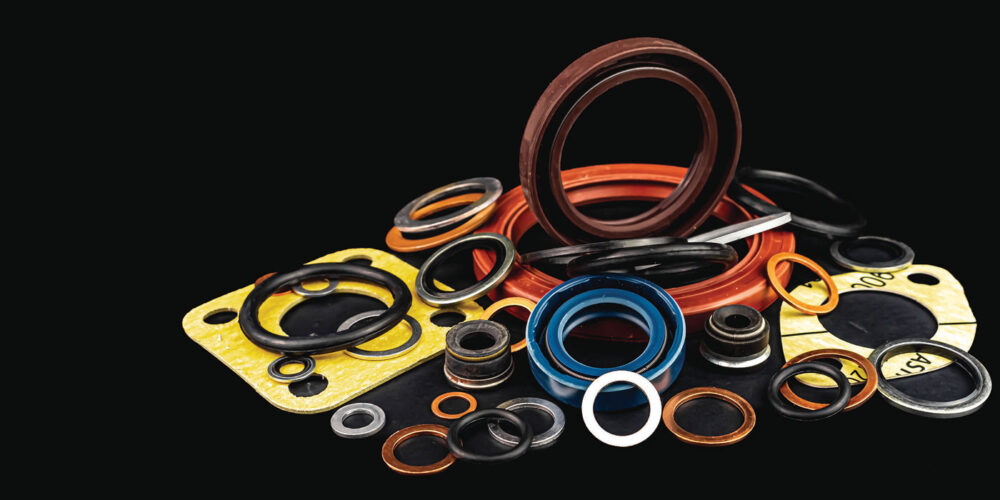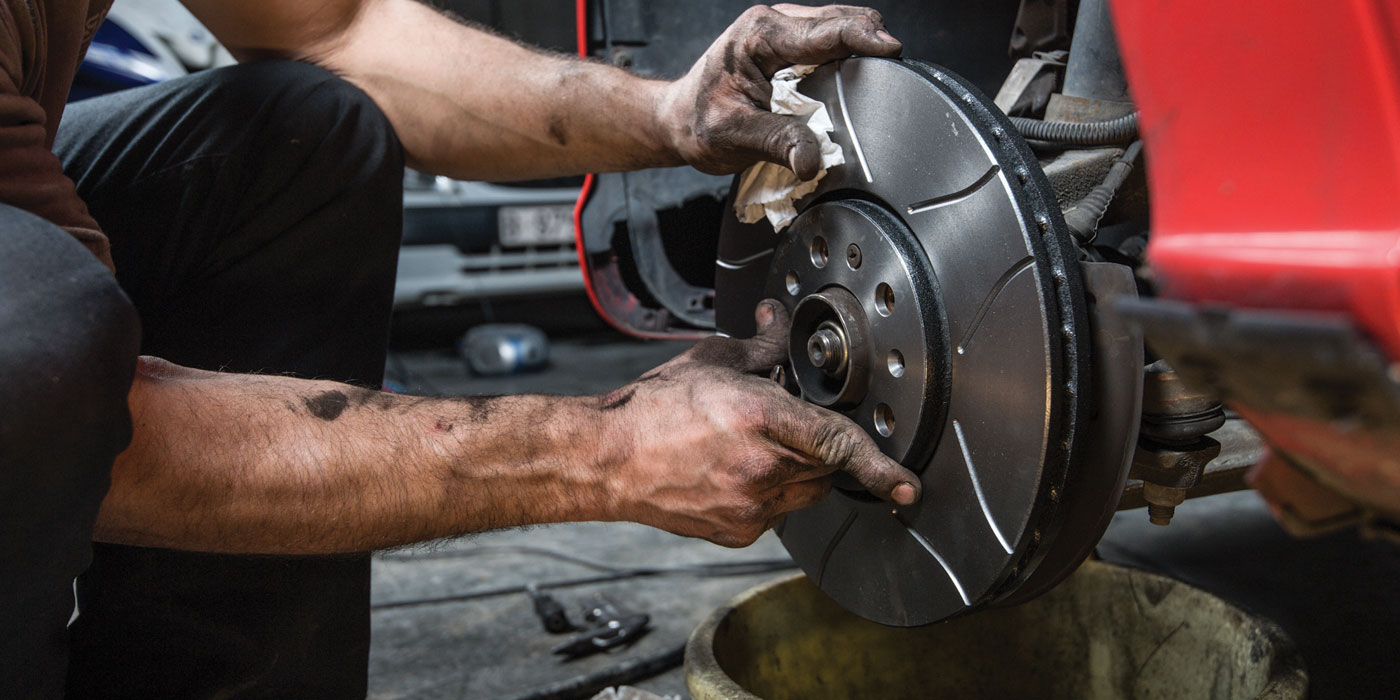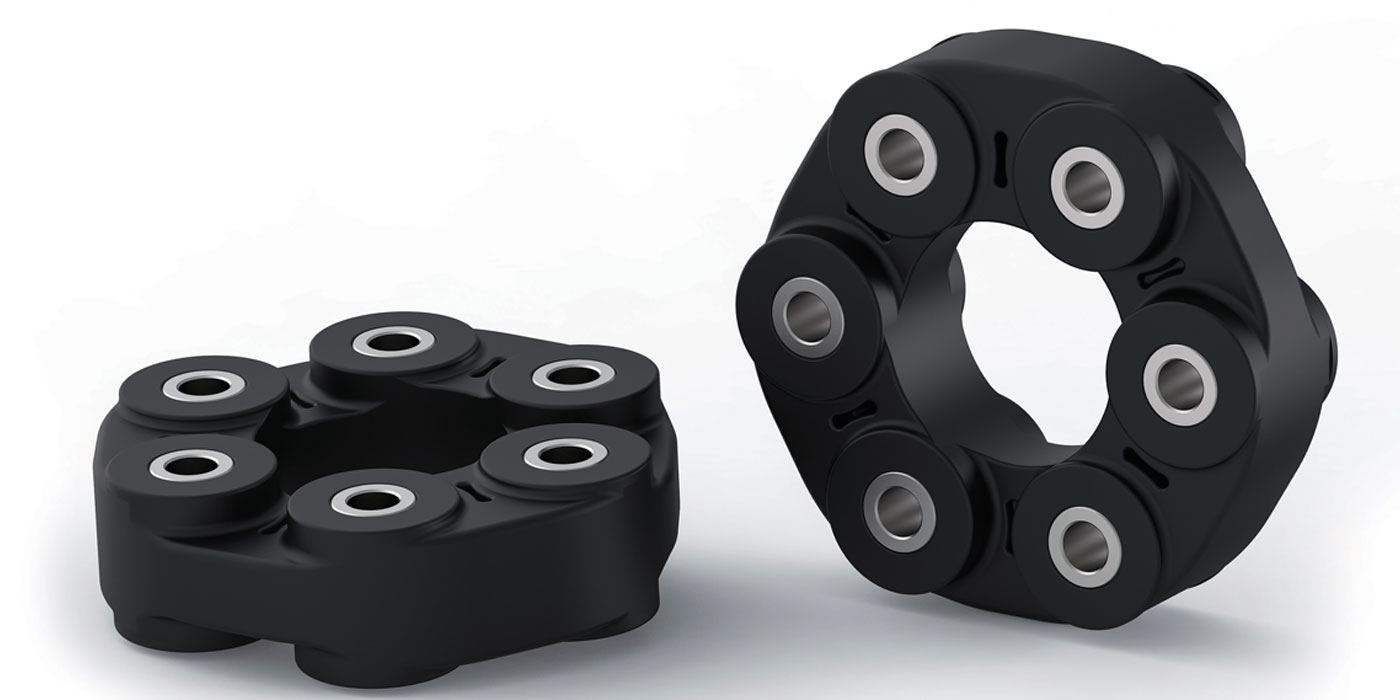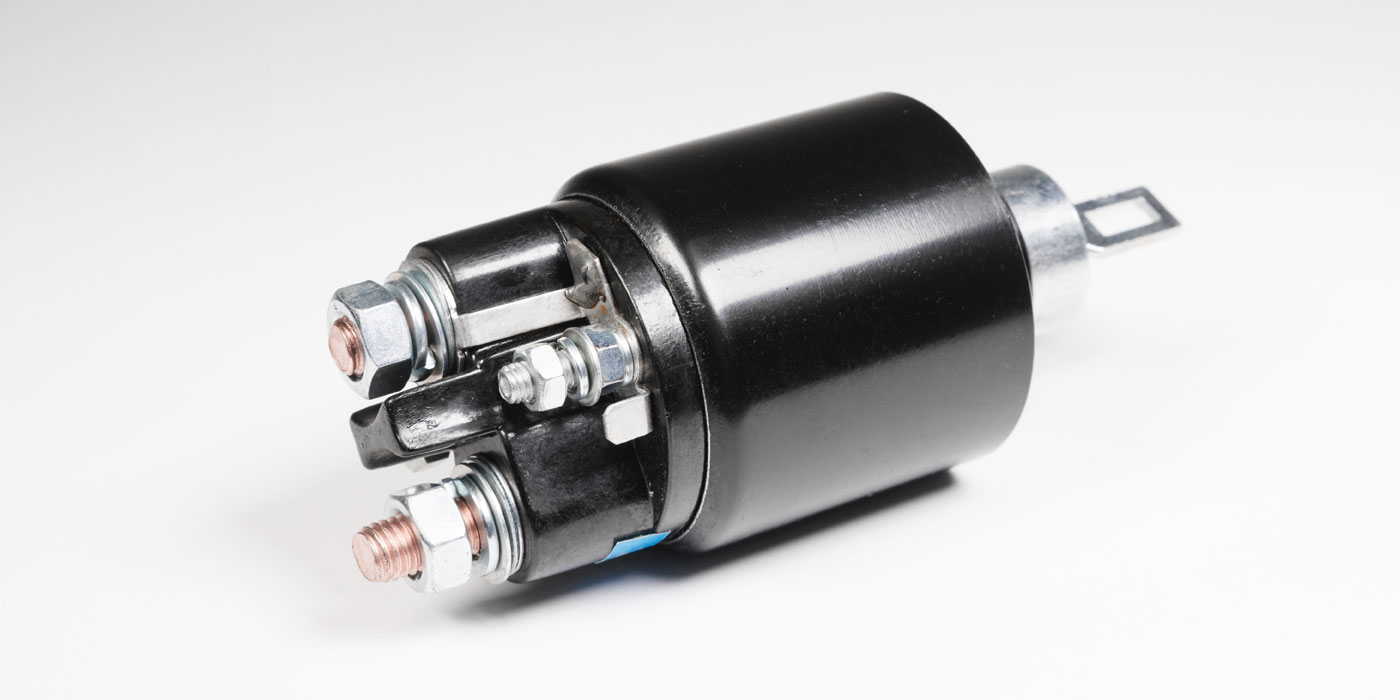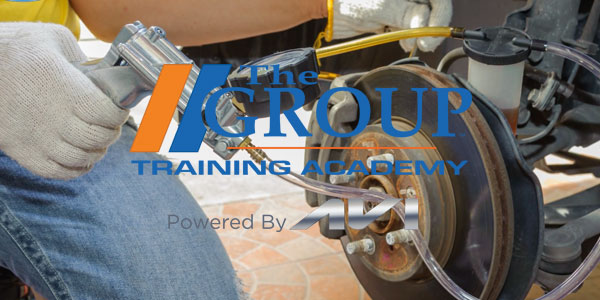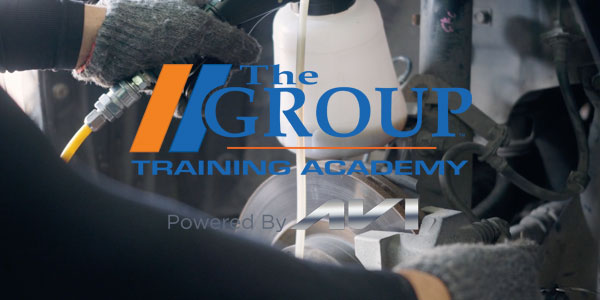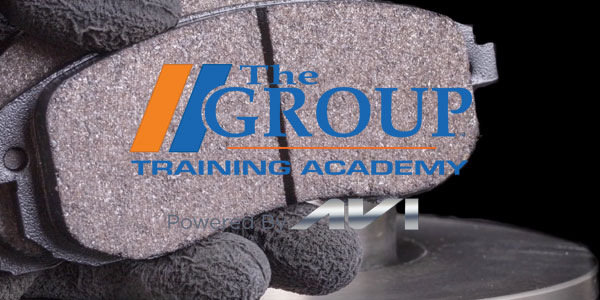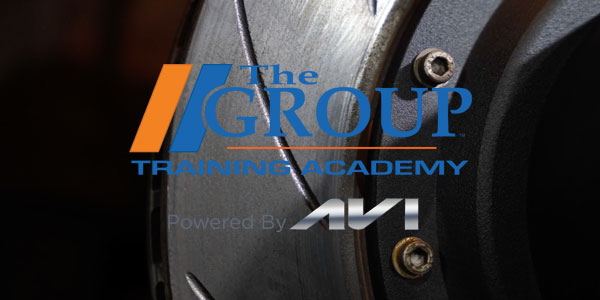It used to be common for mechanics to rebuild certain components in the shop, including brake calipers, wheel cylinders, starters and alternators. There used to be a time when economically it made sense. The small components needed for a rebuild were inexpensive, and it ultimately didn’t take too long. Plus, all you could get was the rebuild parts, or go with new.
But the repair industry shifted away from rebuilding. Now, professional technicians rarely toy with the idea. But what about brake calipers? Does it make sense to rebuild them instead of replacing? Most of the parts are readily available. If the professionals don’t do it, why not? And, can it save money for a DIYer?
The knee-jerk answer for many is no. The main reason is time versus cost. Let’s face it: Remanufactured calipers are very reasonable in price. Companies that do this benefit from volume. Every part of the process from cleaning to inspection, machining and reassembly happens in volume, so they’re able to keep the costs low, yet produce a quality product. It’s difficult to justify the amount of time it would take, especially when you consider the cost of your labor.
Is it difficult to do? Not by any means. A brake caliper is possibly one of the easiest things to rebuild – even rear calipers with built-in parking brake mechanisms. It’s the same basic process (just a few more parts), so you just need to pay closer attention to how they come apart.
But, there are a few questions to ask. Do you have the means to clean and refinish it? Do you have the tooling to properly hone the piston bore? And then you need the seal kit and possibly a new piston. To match what you get with most reman calipers, add new slide pins, boots, pad shims, a new bleeder valve and new brake-hose sealing washers into the mix.
When you consider the time and effort involved, suddenly it starts to sound a little better to go with a reman or new, and the best part is, new calipers aren’t much more expensive than reman.
Why Rebuild?
With all that said, why would someone rebuild a caliper? Rebuilding can be fun and it’s a rewarding feeling. Even though it’s not cost-effective from a professional standpoint, for a DIYer it can save a lot of money. If it’s a project car and time is not of the essence, saving money is usually the name of the game.
Remanufactured calipers are always refinished, but maybe there’s a specific color you want the calipers to be. High-heat caliper paint is readily available in many colors, and if you’re going to paint them, the proper time to do it is when they’re disassembled.
In some cases, on older cars, reman or new calipers may not be available. There aren’t any cores to rebuild, and it’s cost-prohibitive to produce new ones, so you may have no choice on some restorations. There also are cases where a specific type of caliper – whether it be the design or specific casting marks – may affect the originality of a car, and this also is an important part of the restoration.
There are plenty of reasons to rebuild a caliper, and there’s certainly nothing wrong with doing it. But, it’s safe to say that most are going to go with reman or new options unless the circumstance calls for using the original.

